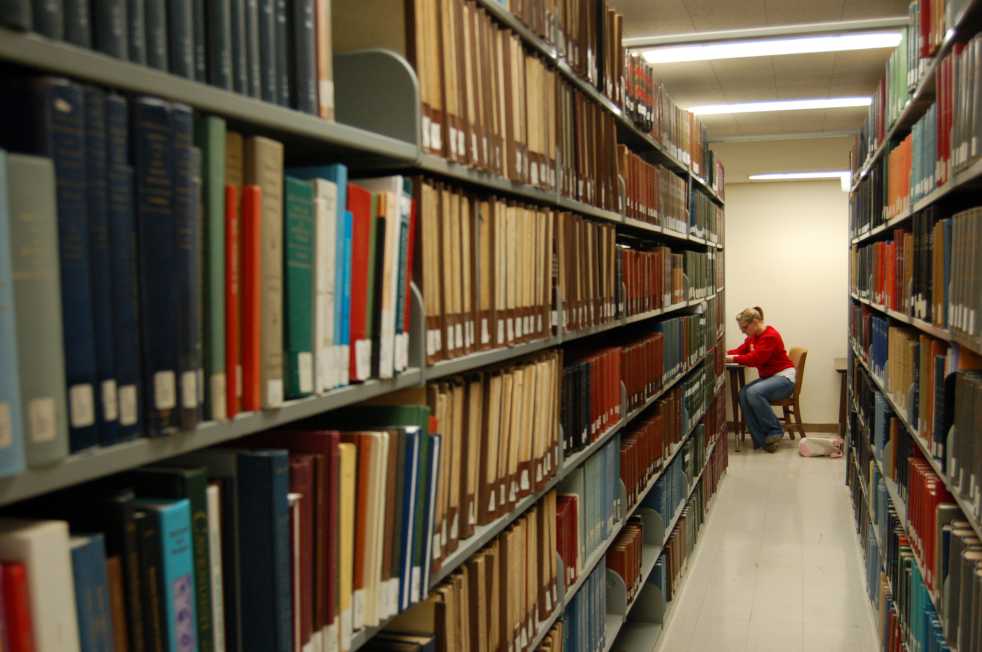“A forest in Norway is growing. In 100 years it will become an anthology of books.” This is the vision of Katie Paterson, a Scottish artist who usually specializes in astronomy and the cosmos, but who now looks to the future of her own planet for artistic inspiration. In her latest piece (or rather, endeavor), entitled “Future Library”, Paterson plans on having a different author contribute a brand new text to a time capsule every year for 100 years. The texts can be of any length or literary genre, and not a single one will be read until the year 2114.
Outside the city of Oslo, Norway, Paterson has cleared a space and planted a thousand trees, which will then be chopped down in a century and used to create paper versions of the texts within the “Future Library”. In the meantime, the artist plans on creating a secure room within Oslo’s Deichmanske Public Library made from the trees she cut down to make space for the “Future Library” forest, in which she plans on holding the unread manuscripts until their debut.
Due to the obvious longevity of the project, the schedule that Paterson has established for the upkeep of the “Future Library” is unusual to say the least. According to Paterson, a trust of people is currently being established to collect manuscripts and commission a different author each year; this trust will likely be replaced every ten years or so.
Additionally, if all goes according to plan over the next century and no breakthroughs are made in the field life-lengthening medical science, most of the authors who contribute to the “Future Library” will be dead long before their work can be seen by the general public. Conversely, many of the authors associated with the project have yet to be born.
So far, only Margaret Atwood, the Canadian novelist known for such works of fiction as “The Handmaid’s Tale”, has been commissioned for the project, becoming the very first author in what looks to be a very long line.
At first glance, the “Future Library” project might seem a bit sad; so many unique and possibly world-changing pieces of literature are being created, and no one alive on Earth today will ever get the chance to experience them.
However, it is better to view the project not as a reminder of our own human mortality, but as an act of faith and belief in the idea that humanity will not only still be around in 100 years, but also evolve into a more intelligent and culturally diverse race. Ultimately, the “Future Library” seems like it is one part literary collection and one part social experiment; it will accurately measure the literary pulse of the world for the next hundred, while connecting several generations of humanity via the evolution of language.
